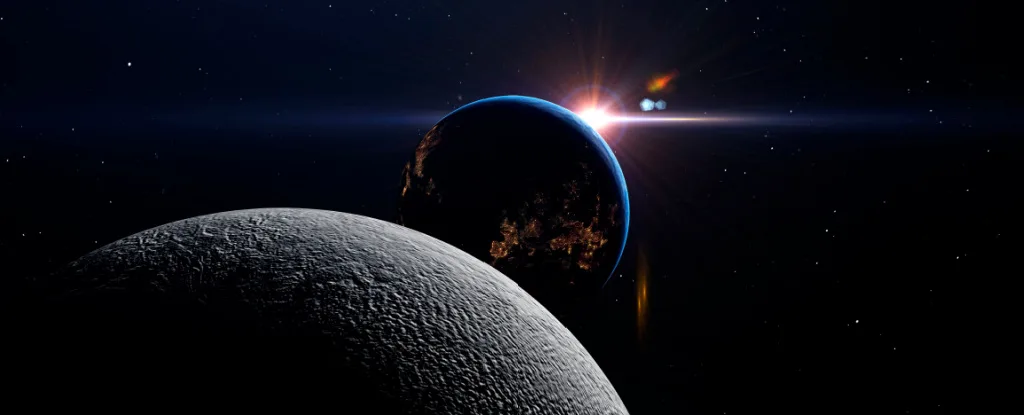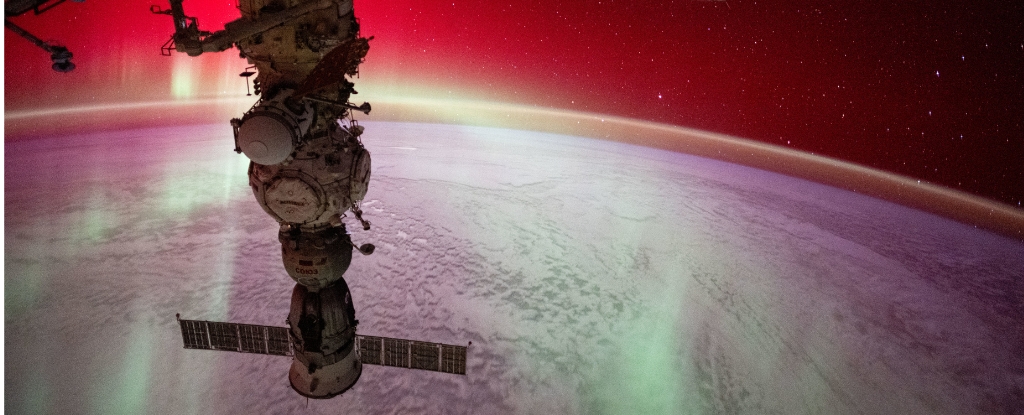– Scientists have more precisely measured the difference in the rate of time passing on the Earth and Moon. They found that time ticks faster on the Moon by roughly 1.1 seconds every 52 years compared to Earth.
– This is due to general relativity – objects experiencing weaker gravity (like the Moon) experience time passing faster than objects in stronger gravity (like Earth).
– Measuring this time difference precisely is important for NASA’s upcoming Artemis missions to return humans to the Moon’s surface by 2026 and establish a sustained lunar presence. Precise timekeeping will be needed for navigation and landing systems.
– NASA and other agencies recently tasked with establishing a unified time reference system for the Moon ahead of international missions.
– A new study led by a NASA physicist calculated time differences between Earth and Moon relative to the center of mass of the solar system, finding the Moon gains 57 millionths of a second per Earth day compared to us.
– This helps provide a more precise definition of time on the Moon, something that will need further corroboration and input from international standards bodies before being formally adopted. But it advances efforts for precision timekeeping in future lunar operations.
Source: Science Alert









